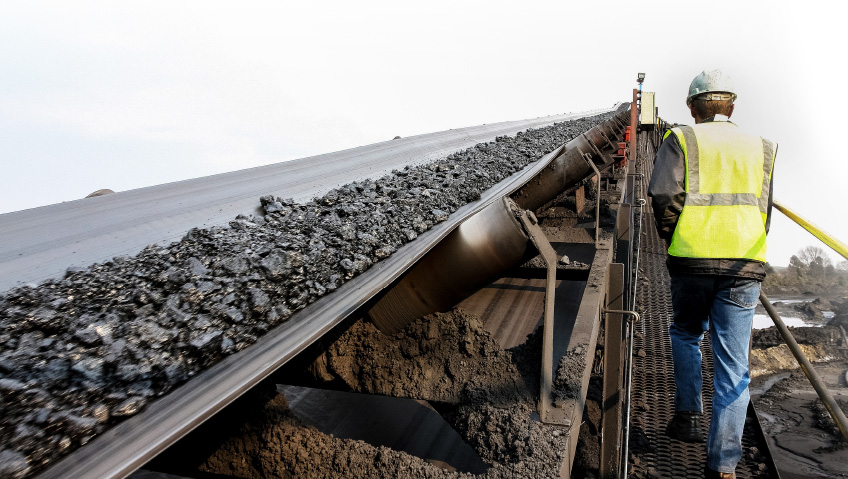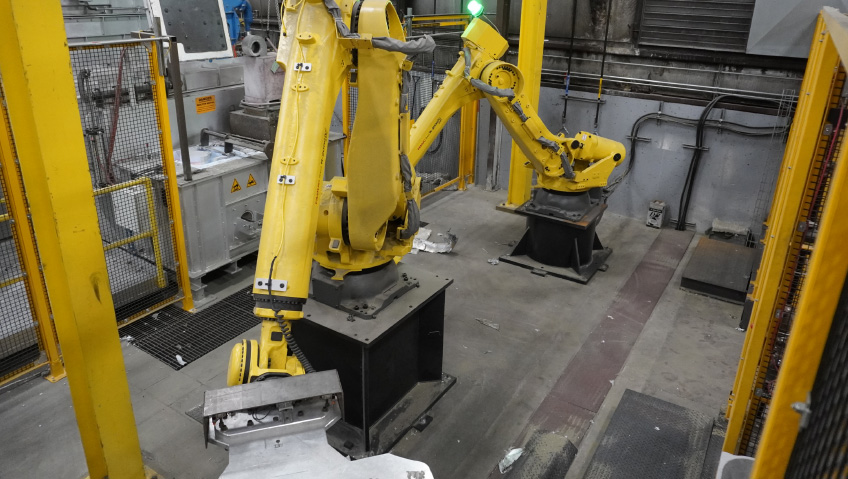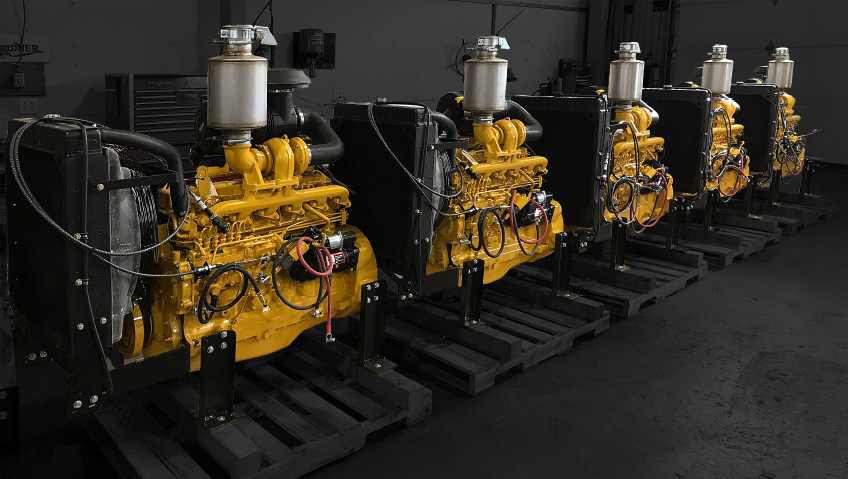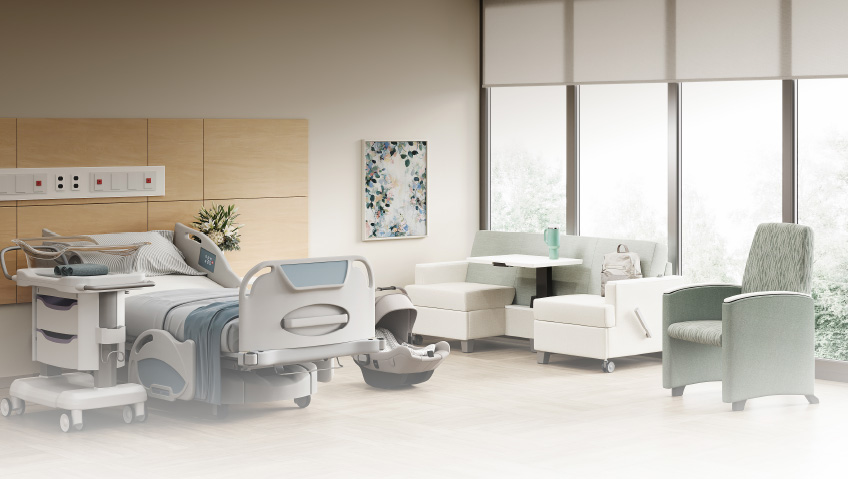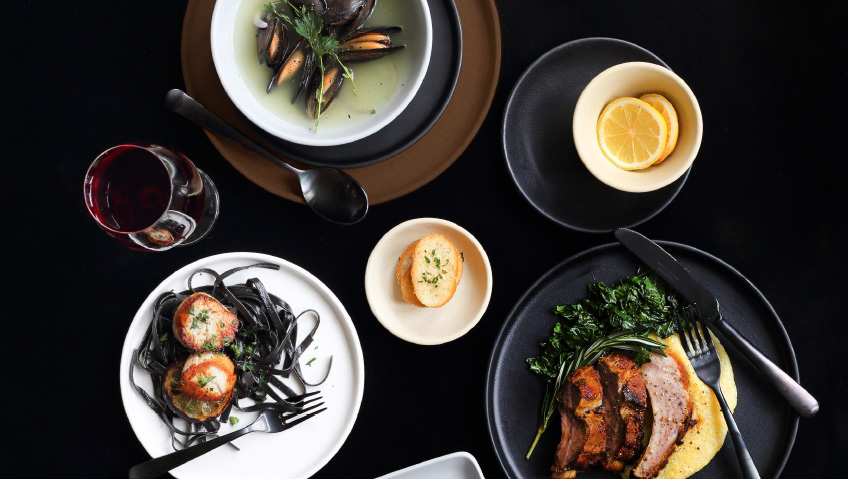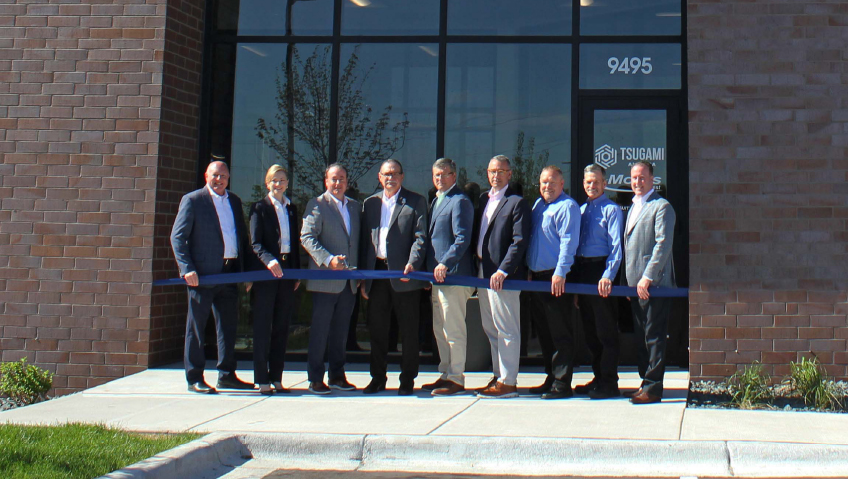With 25 years in business, Progressive Rubber Industries Inc. (PRI) has mastered the technology of making abrasion, corrosion, and vibration resistant components for mining and the other industries that invented those very conditions.
Dedicated to boosting the local economy since its inception, PRI has grown impressively and continues to expand its varied workforce to meet the burgeoning demands of the mining, aggregate, pulp and paper, oil and gas, and municipal industries.
Progressive Rubber was founded in Kamloops in 1997 as a manufacturing-division expansion of Lynum Progressive Industries.
In that time PRI set out to develop a program of collaboration with Thompson River University and its in-house training programs, culminating in some of the best educated technical professionals around working at PRI.
These are the skilled and experienced staffers who create solutions for issues simple and complex in steel fabrication, rubber lining and molding, ceramic lining, on-site lining, on-site measurements, wear dynamics analysis, application analysis, and design services.
Along with earning its ISO 9001 certification in 2021, PRI also has the production capability to expedite and deliver emergency orders, as well as to store crucial custom products on consignment on-site.
“We’ve grown through starting as a wear-solutions provider in the mining industry as a much smaller company,” says Mike McLeavy, President of Lynum Progressive Industries.
“Over the last 25 years we’ve mainly worked in the western Canadian mining industry, but we branched into OEM and custom manufacturing, also within the same industry. In the last five years we’ve really grown in the energy sector.”
What differentiates PRI from others in this growing industry is exemplary customer care paired with expert skills, abilities, and a wide range of manufacturing services.
“We have very broad manufacturing capabilities, so where a lot of shops will do just steel or just rubber, we do steel fabrication, rubber lining, molded, vulcanized, cold bonded, ceramic, materials, and polyurethane,” McLeavy says.
“So we’re able to take on work that can be refurbishment work or new part bills, and we can utilize a lot of different materials to produce quality parts without having to sub out to a variety of different companies.”
In that respect, the company is nicely vertically integrated in terms of capabilities, he adds. In addition, the company’s location in Kamloops is favourable for the mining industry as it’s central to getting materials to sites quickly, a definite bonus.
A market leader in cold-bond rubber lining, PRI has rubber-lined thousands of parts and components over the last quarter century, including piping systems, grinding mill components, pulp dischargers and trunnions, ion-exchange vessels, pump components, tanks, boxes, chutes, hoppers, slurry hose, floatation parts, dart valves and seats, and part rebuilds.
PRI provides flat, wave, and curved wear-liners, as well as a variety of attachment methods, based on what expert crews deem to be the best fit for customer needs.
Mining sector service conditions are harsh, and to avoid damage, rubber lining reduces noise and vibration while also protecting tanks from corrosion and impact damage. Rubber linings for base items not only provide abrasion, impact, and corrosion protection, but also extend product life and lower repair costs. Because rubber lining is simple and inexpensive to repair, it also decreases overall operating costs.
“Our capabilities, our location, the fact that we have a solid, trusted reputation, and that we’re able to collaborate between the end users, means that our customers and our supply chain are solid. Having those positive relationships also differentiates us from some of the competition,” says McLeavy.
PRI is respected for working tirelessly on behalf of its customer base, with the support of its well-established supply chain and sub-vendors ensuring that it can meet every requirement.
To its clients, the company also offers a variety of molded rubber solutions, using various rubber compounds and rubber/ceramic composites, thanks to a dedicated molded rubber manufacturing facility and nine hydraulic presses up to 72″ x 72″.
With these, PRI produces screen panels, rubber ceramic impact panels, chute liners, rubber and ceramic composite, curved and custom panels, dart valves – single and double taper darts – actuators and components, pinch valves, and bushings, to name some.
With its molded panels, PRI offers magnetic, T-bolt, stud weld, and counterbore holes as attachment options, but if customized items or bulk production are required, its in-house skills are expandable to meet almost any need.
“Both mining and energy are growing in tandem at the moment, so it’s a bit unique from a market perspective,” says McLeavy. “And we’re growing in terms of opportunity, so the biggest challenge we have is not getting the work but getting enough people to do it. We have the capabilities, we have the facilities, and we have the tools, but our challenge is getting enough people.”
Along with labour shortages, there are supply-chain issues which contribute to ongoing challenges. “Supply-chain volatility is also a challenge, but we have very good partnerships with our vendors, and they’ve been a contributing part of our success,” says McLeavy.
PRI isn’t just about rubber, however. The company also manufactures high-quality steel products with all areas of production and quality control under the supervision of its fully integrated facility.
Working with mild and stainless steel, as well as a variety of alloys and finishes, PRI has a team of welders and fabricators who can bring equipment back to life, along with the skills to manufacture and repair a wide range of structural shapes and sizes.
Just some of these are: industrial components, structural steel, OEM contract fabrication, custom solutions, large project work, in-house detailing, and custom-designed products such as mill-discharge trunnions, feed chutes, pulp lifters, and split tanks.
PRI welcomes complicated custom plate-work requirements, rebuilds and repairs, guaranteeing that its products are manufactured to customers’ exact specifications and delivered on schedule. The company also has the in-house capability to restore equipment to new condition thanks to a team of qualified experts adept at structural repair on all shapes and sizes of equipment.
Ceramic lining – meant to extend the life of equipment and protect it from costly repairs and unnecessary downtime – is also available from PRI in a variety of materials, including ceramics, rubber, metal, polyurethane, and mixtures of these materials.
The company can analyze customer process data and propose a design that incorporates various forms, sizes, and layouts of ceramics to fulfil the unique requirements of any business.
PRI has traditionally applied ceramics on their own or with a rubber backing, which enhances wear characteristics while also reducing vibration and noise in operations.
PRI’s rubber ceramic molded liners are the best option for increasing durability, reducing noise and downtime, while extending equipment life.
The abrasion resistance of PRI’s rubber ceramic molded panels is unrivalled, while the elastic qualities of other materials, such as rubber, effectively absorb shock impacts.
According to PRI this is an important factor, as ceramic lining has a longer product life and superior resistance in fine applications compared to rubber compounds.
Depending on application needs, custom ceramic lining with pre-engineered and standard tiles is available, with the option of using a single or double row depth of ceramic. PRI can make process pipework and equipment in any shape or size, and common applications for ceramic lining include cyclone clusters, hoppers and chutes, pipe lining, distributor boxes, and transfer point lining.
PRI piping systems include mild and stainless steel, plain end, Victaulic advanced groove systems (AGS) or original grooved systems (OGS), and rotating flanges.
PRI has a wide range of piping systems available, enabling a match for any custom requirements, and is able to control every element of the production process since they build all of their piping in-house. As a result, customers can be confident that the quality of components will be of the highest standard, from design and manufacture to assembly and paint.
PRI’s design team will take customer’s piping ISOs for piping replacement or wear problems and create – to schedule – an accurate system with connection points, rubber, colour, and features all available in many variations.
PRI stands behind its services and the quality of equipment it supplies to both the energy and the mining industries, but is aware that the pride and commitment to best practice of the latter doesn’t always translate to the public at large. When it comes to the perception of the mining industry, McLeavy says that while perception is changing, in some ways it’s becoming more negative.
Familiar with the industry as he is, his opinion is quite different. “In fact, we’re proud that we supply equipment and manufacturing to an industry that’s growing our future, including the green future,” he says. “And I would like to highlight that we’re proud to be contributing to the future.”
In keeping with that, McLeavy emphasises that PRI strives always to do its best, follow best practices, and adhere to the highest safety and quality standards in its work.
“We also provide a lot of local Canadian jobs in manufacturing and professional services,” he adds. To that end, he says PRI would hire on the spot any person with a good attitude who’s looking for employment and has the drive to learn how to rubber line. “We’re putting a sign on the side of the building, ‘We’re hiring,’” he says. “And it will be permanent. We’re always hiring.”
PRI works hard to champion cultural diversity and fairness and is proud to operate on T’kumlups Band Land in Kamloops.
“We also support the local community by funding an annual scholarship in trades at Thomson Rivers University; by sponsoring a variety of charities including ‘Basics for Babies,’ in addition to being an active member of the Canadian mining community,” says McLeavy.
As the industry continues to flourish and welcomes and embraces change, PRI is determined to stay ahead.
“We’re doing exciting things and we’re busy with good things,” McLeavy says of present and future activities. “We want to continue servicing our mining customers. We want to maintain that while growing in energy. That’s going to be a challenge because the mining industry in western Canada is growing, and we need to grow proportionately.”

